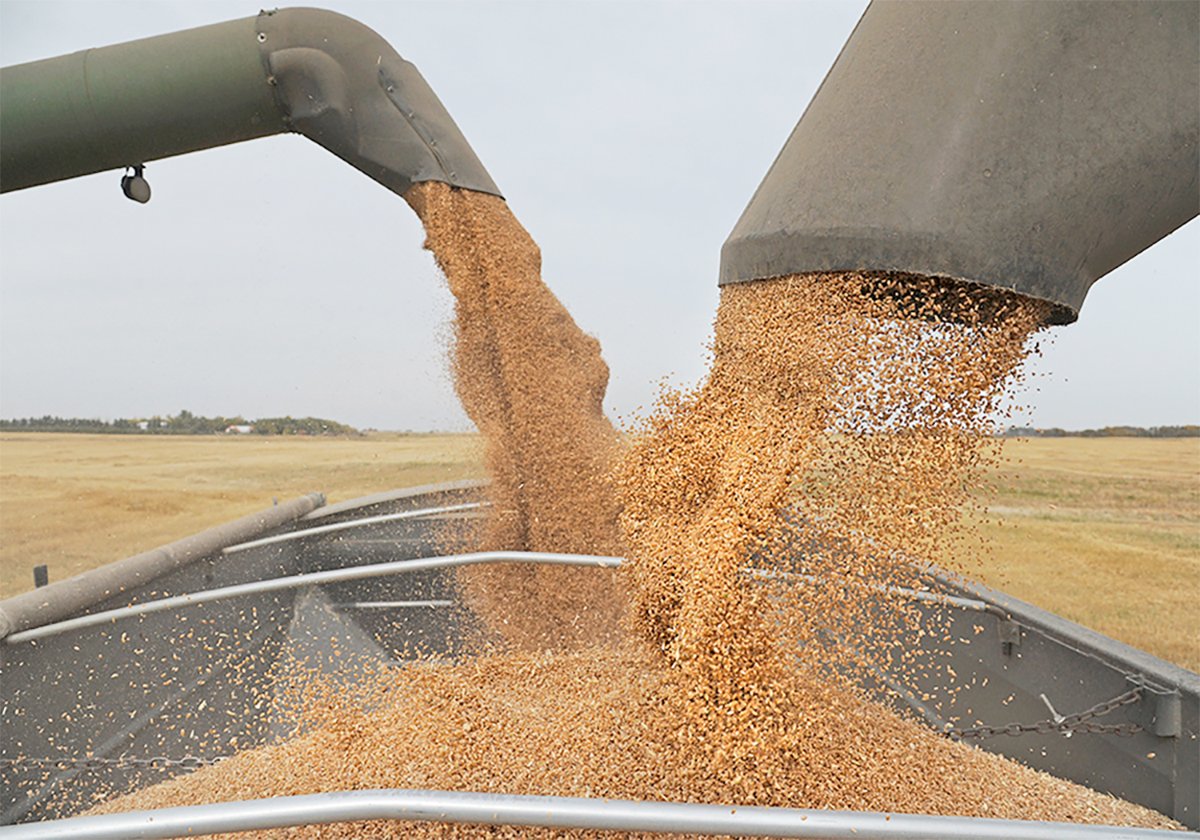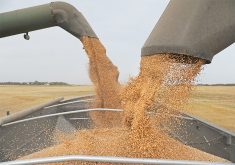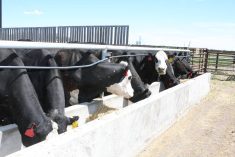FORMER agriculture minister Eugene Whelan had an odd, often tense, relationship with the finance ministers during his 11 years in cabinet through the 1970s and 1980s.
He was constantly lobbying inside government for more farm support and was diligent in spending any money he received, sometimes more.
A series of finance ministers, including current prime minister Jean ChrŽtien, were the main obstacles, blocking many of Whelan’s proposals.
“I’d come in in the morning, see the finance minister and say ‘good morning, God’ and then get on with my day,” Whelan has joked.
Read Also

Agriculture productivity can be increased with little or no cost
There’s a way to enhance agricultural productivity with little or no cost. It doesn’t even require a bunch of legislative changes.
If Lyle Vanclief, Whelan’s successor as Liberal agriculture minister, sees finance minister Paul Martin on budget day Feb. 16, he could rewrite this story.
This year, he would say: “Thank you, God.”
In a government that does not like subsidy spending, and which sometimes seems to see agriculture as a “sunset” industry, in a government determined to make 1999 the year of reinvestment in popular health programs, Vanclief already has squeezed some money out of Martin.
Last December, the finance minister committed as much as $900 million over two years to subsidize farm incomes.
Whether Martin mentions it in next week’s budget speech or not, he already has shuffled some of the expected federal surplus off to farmers, almost $1 billion.
Not bad.
Yet it is far from certain that Martin will have to spend all those dollars.
Vanclief is designating just $375 million in federal funds to the 1998-99 fiscal year, 41 percent of the total. That money will be spent. But what of the 1999 funds?
There are two possible reasons that the federal government weighted the spending to next year.
The first is that it expects next year to be worse for farmers. That would reflect a federal prudence and would turn out to be far-sighted.
But there are indications that next year will not be as bad. Hog prices are on the rise in futures markets and there is growing confidence that grain prices could strengthen during 1999, unless a subsidy trade war breaks out.
That raises the other possibility.
Ottawa is weighting the spending to next year, the unknown, based on an educated guess that things will not be as bad next year, that market conditions will improve, that the full commitment will not be necessary.
This surely would give the agriculture department some brownie points with powerful bean-counters in finance.
A large commitment was promised. And instead of over-spending, Agriculture Canada comes in under budget, leaving more money for federal debt paydown or for other programs.
Vanclief denies there is any attempt to spend less than was promised.
But by leaving most dollars to be spent next year, the department is at least leaving open the possibility that the commitment will be under-subscribed.
If that happens, the finance minister may well turn Whelan’s story on its head next year by meeting the agriculture minister and thanking him.














